There’s something deeply personal and poetic about beginning to write a review of an opera while en route to the theatre. It gives me a moment to reflect on the anticipation, the emotions, the weight of the moment. On April 4th, 2025, as I sat on the train heading to Paris for Don Carlos at the Opéra Bastille, I found myself musing over time, age, and legacy. “I’m already 37,” I thought. “Time flies.” Then I asked myself — what was Giuseppe Verdi doing at 37? The answer? He was composing Rigoletto. That realization alone was enough to shift my mood entirely. If Rigoletto is one of the most profound and complete operas ever written, then 37 just might be my golden year too.
I still remember seeing the 2024/25 season announcement, and more specifically, the Don Carlos cast. It was instantly clear: there was no way I was going to miss this. Just look at this lineup: Charles Castronovo, Marina Rebeka, Christian Van Horn, Ekaterina Gubanova, Andrzej Filończyk, and Marine Chagnon rounding out an already stellar cast. This was going to be a feast for any opera lover.
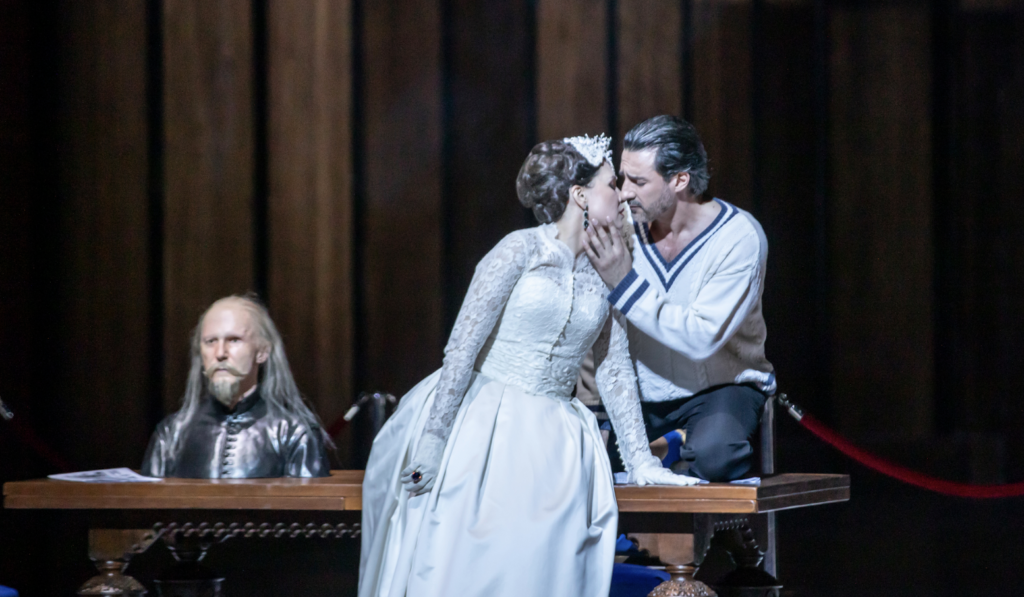
And the Verdi journey started even before the curtain rose. As I was traveling, I was counting down to a very special moment — an interview with Marina Rebeka in her Paris apartment alongside my colleague Vinicius from Opéra Diary, as part of our “Dad’or’Ma” series. Marina is more than just a singer — she’s an artist in the truest sense, fiercely independent, profoundly talented, and someone I’ve had the privilege of seeing evolve over the past ten years. Whether it’s Verdi, Puccini, or Gounod’s Roméo et Juliette, she never ceases to move me. I still have her Mimì from La Bohème at La Scala in 2023 echoing in my ears. And now, for the very first time, I would see her as Elisabeth de Valois — and in French!
And what a revelation. Marina Rebeka was simply sublime. She embodied the role with vocal brilliance and emotional depth. Verdi fits her like a glove, and you could see how much she loved singing this music. The audience responded with a thunderous standing ovation — one that felt both spontaneous and deeply deserved. Her final notes soared, and her dramatic presence anchored every scene she was in. Grazie mille, Marina!
The evening as a whole? Exceptional. A solid, elegant production that allowed the music and performances to shine. Charles Castronovo was in top form, delivering a deeply human Don Carlos with strength and vulnerability. Christian Van Horn, improving each time I hear him in French, brought gravitas to the role of Philippe II. Andrzej Filończyk offered beautiful phrasing and some impressive vocal flights, despite a slightly uneven diction. Ekaterina Gubanova — though under the weather — still delivered her signature warmth and dramatic nuance.
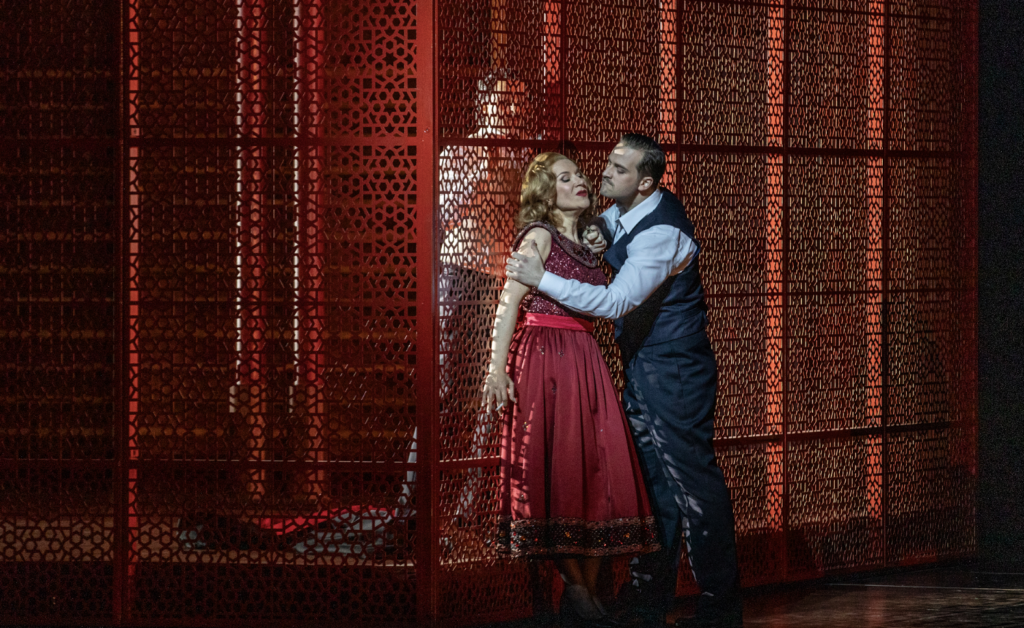
But if I had to single out one surprise element of the night, it would be the chorus of the Opéra de Paris. Their power, precision, and emotional intensity elevated the performance. In a work like Don Carlos, the chorus isn’t just background — it’s the soul of the story, and tonight, that soul was on fire.
It’s nights like this that remind you why we travel for opera, why we queue for tickets, why we replay these arias in our minds on trains and planes and city streets. It was everything I hoped for — and more.
Bravi to all.
CAST
Charles Castronovo
Marina Rebeka
Christian Van Horn
Andrzej Filończyk
Ekaterina Gubanova
Alexanfer Tsymbalyuk
Sava Vemic
Marine Chagnon
Teona Todua
Manase Latu
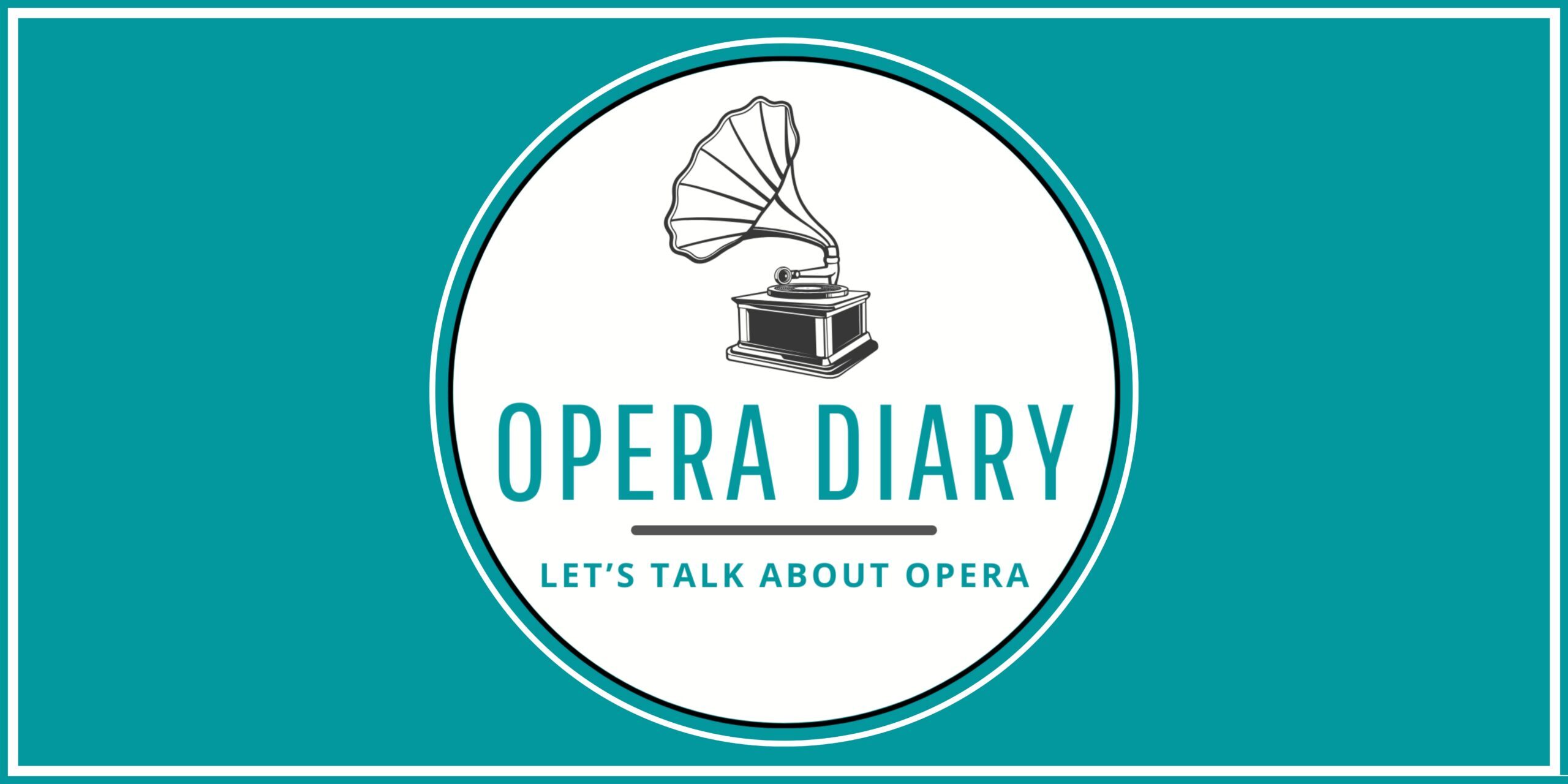

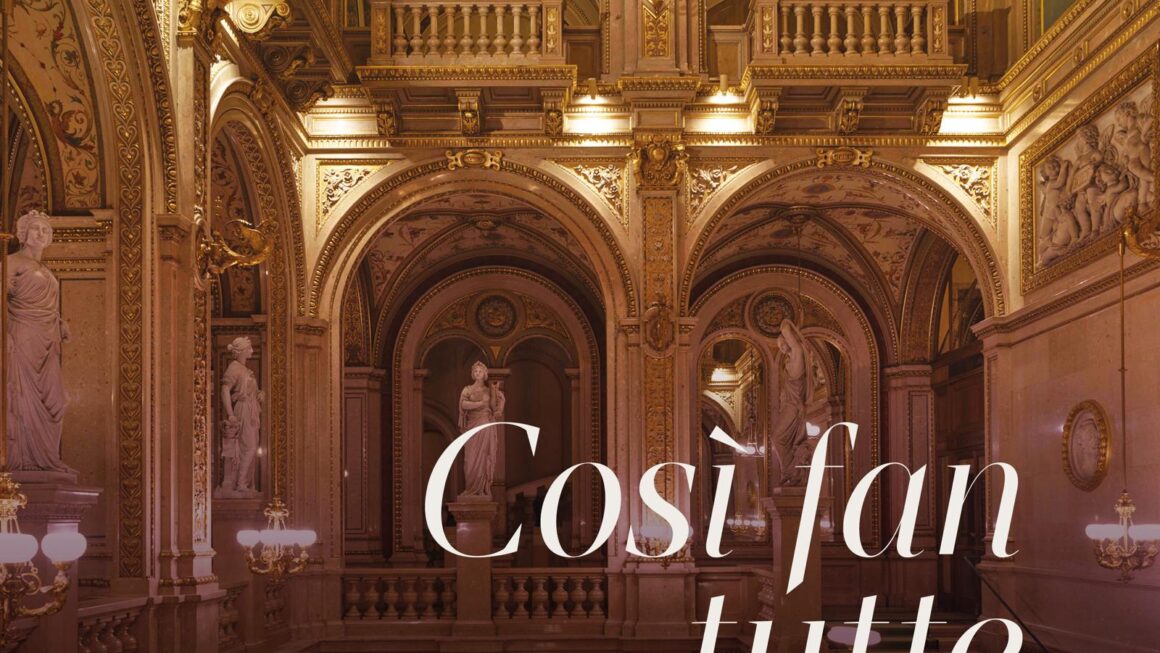
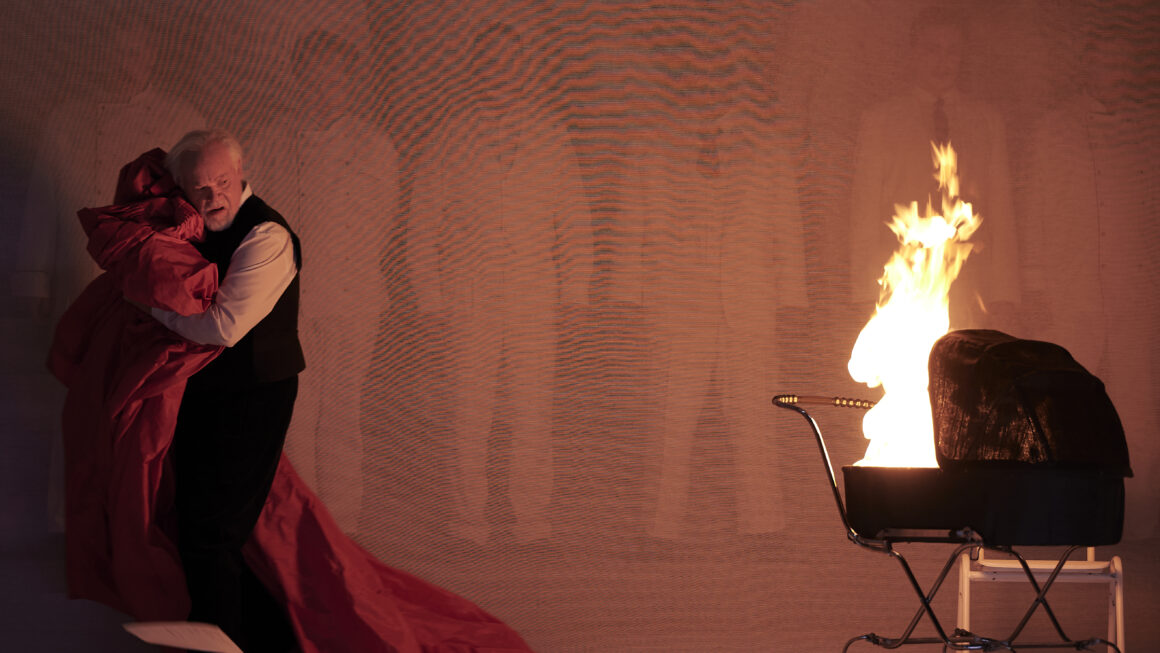
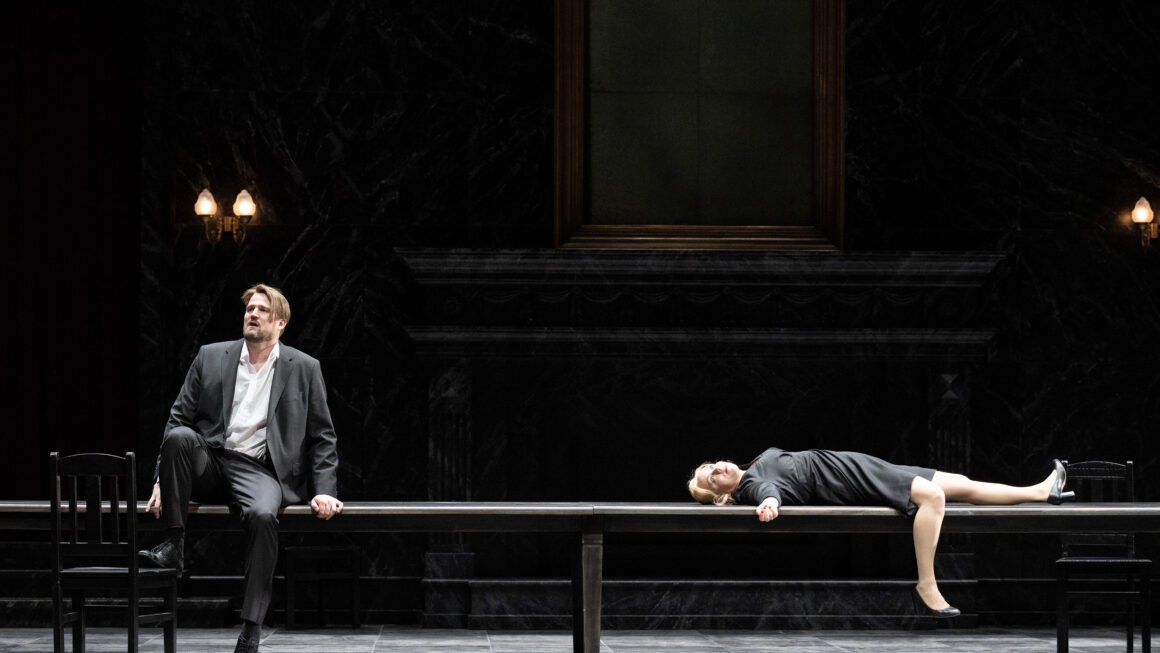
sublime.
Well worth the trip from down under.